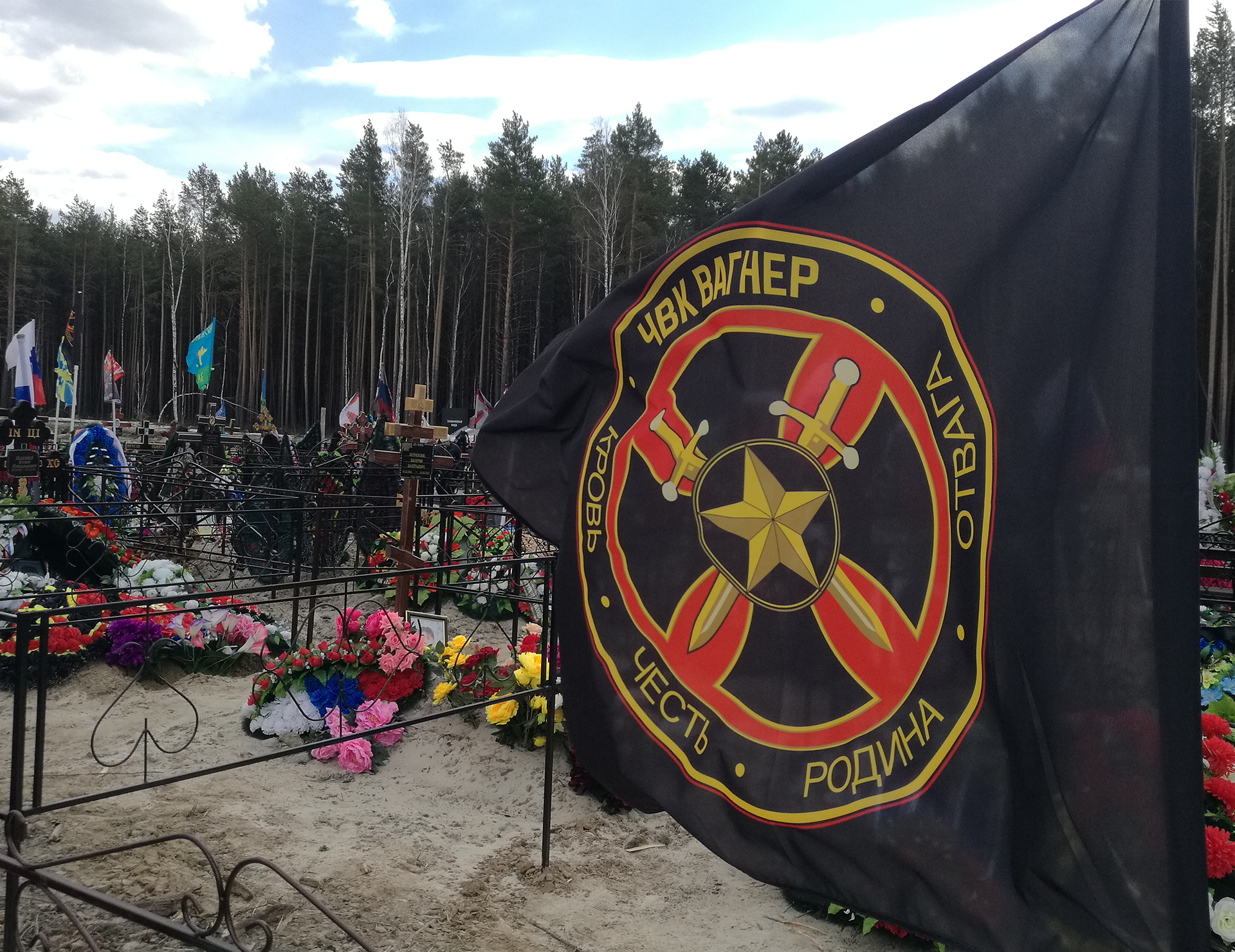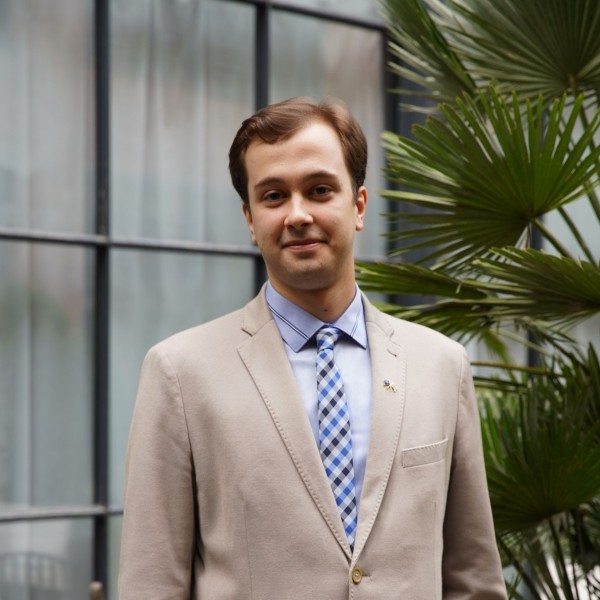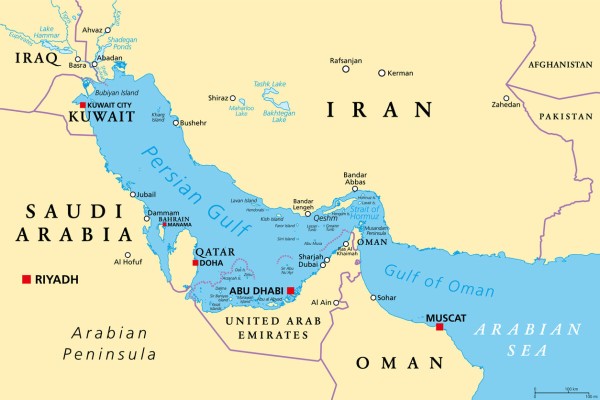The Wagner Group's ambiguous status and a significant threat to global security

After Prigozhin’s death, there were several attempts to reorganize the Wagner Group by the Russian elite and the military. However, PMC Wagner remains a significant threat to global security architecture, especially since irregular forces are gaining a foothold in different parts of the world, particularly in the Middle East, Africa, and Eastern Europe.
The United Kingdom’s decision to designate PMC Wagner as a terrorist organization sent a powerful message to the world that the issue of mercenaries needs to be tackled. The decision also carries geopolitical implications since PMC Wagner, an instrument of Russia’s foreign policy and grand strategy, has been used by the Kremlin to advance the interests of the Russian political and business elite beyond Russia’s borders, and that is what the UK seeks to contain.
Russia’s proxy warfare isn’t included in combat operations, as the Chief of the General Staff of the Russian Armed Forces and First Deputy Minister of Defense, Valery Gerasimov has repeatedly underlined the significance of using non-military means to achieve strategic objectives, and that includes disinformation campaigns and information warfare. Gerasimov’s Doctrine of waging hybrid or in some ways, enigmatic warfare, proves that Russia can utilize private military companies in the realm of information war too.
Certain concepts, such as justice, patriotism, and volunteering, which are being pushed forward by the Kremlin and these irregular entities, aim to get the society of Russia around a “Russian patriotic idea”, that has over the years contributed to solidifying the image Russian PMCs to influence the recruitment process and continue their hybrid warfare, which can be a popular tool to avoid the unpopular sentiment in the society that would follow after another mobilization.
Still, the issue of privatizing wars and commercializing the deaths of hundreds of thousands of people to profit remains a huge problem for the global security architecture, since Russia’s complete deinstitutionalization in the 1990s and the subsequent creation of PMCs as a byproduct of that era contributed to entities such as Wagner gaining foothold in regions of crucial importance to global stability.
The Wagner Group’s participation in Russia’s war in Ukraine has demonstrated that the combat operations of these irregular forces and violent non-state actors can have a probable spill-over effect that will threaten Europe’s or possibly even global security architecture. However, the current status of Wagner remains rather ambiguous, since there were claims that the Wagner Group would be simply absorbed into Russia’s regular army, and with Putin giving a task to Andrei Troshev, Wagner’s former top commander, to oversee volunteer battalions in Ukraine, fundamentally meant that they would be incorporated into the Ministry of Defense.
Nevertheless, looking at PMC Wagner’s current involvements in the Middle East and Africa, and the attempts of several businessmen close to the Russian elite, such as Dmitry Sytii trying their utmost to preserve what is left of the Wagner Group’s multibillion-dollar profits and industries in Africa, raises lots of questions about whether or not PMC Wagner was absorbed by the Ministry of Defense. It is also rumored that Prigozhin’s son, Pavel, would take over Wagner and that he would rejoin the combat operations in Ukraine, but loyalists hope that Pavel would carry on the legacy of his late father. With these developments slowly unfolding, the uncertainty behind Wagner still remains.
The Wagner Group and other Russian PMCs are essentially the agents of Russia’s grand strategy of establishing a multipolar world, which challenges the current world order led by the United States. According to Russia’s newest foreign policy concept published in 2023, Russia intends to make it a priority to assist in adapting the international order to the reality of a multipolar world, the government aims to prioritize intensifying cooperation in all sectors with its partners and allies, as well as suppressing attempts by hostile governments to hinder this partnership.
The establishment of such partnerships in the style of “Inter-Pariah Solidarity” definitely includes Iran, with whom Russia seeks to challenge the status quo in Ukraine and in the Middle East. Russia’s war in Ukraine and Iran’s proxy war against Israel via Hamas are conflicts of unilateralism versus multilateralism, and the recent rumors about some fighters from the Wagner Group training and sharing combat experience with the Hamas terrorists to launch a coordinated attack on Israel, are not excluded altogether.
Looking at the current state of the world, with revisionist and irredentist forces, such as Russia and Iran, willing to rewrite history and turn the current world order upside down, it wouldn’t be surprising to see a further and an even more expanded usage of Russian private military companies as a tool of waging proxy warfare, and such a major threat to global security needs to be addressed and regulated by the international community.







